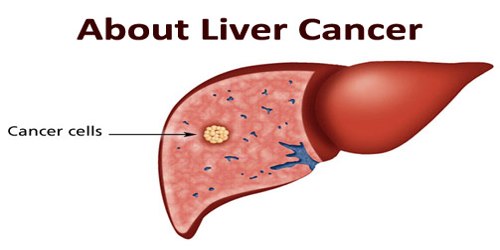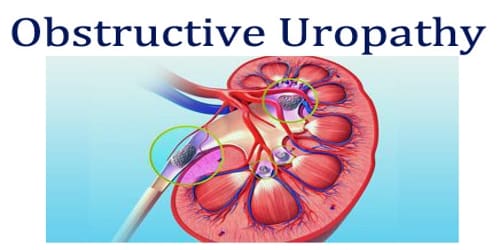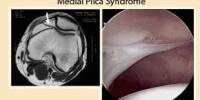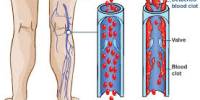About Liver Cancer
Definition
Liver cancer is a cancer which starts in the liver, rather than migrating to the liver from another organ or section of the body. In other words, it is a primary liver cancer. It is also known as hepatic cancer and primary hepatic cancer. Cancers that originate elsewhere and eventually reach the liver are known as liver metastasis or secondary liver cancers, and are most commonly from cancer of the gastrointestinal (GI) tract (colon cancer), lung cancer, renal cancer (cancer of the kidney), ovarian cancer and prostate cancer.
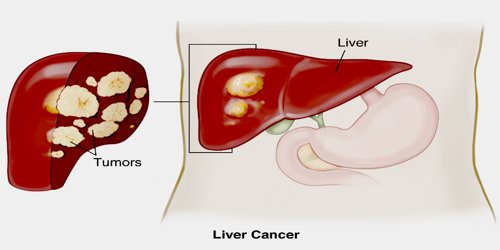
The liver performs many other important functions, such as removing toxins and other chemical waste products from the blood and readying them for excretion. Because all the blood in the body must pass through it, the liver is unusually accessible to cancer cells traveling in the bloodstream.
The leading cause of liver cancer is cirrhosis due to hepatitis B, hepatitis C, or alcohol. Other causes include aflatoxin, non-alcoholic fatty liver disease, and liver flukes. Symptoms of liver cancer may include a lump or pain in the right side below the rib cage, swelling of the abdomen, yellowish skin, easy bruising, weight loss, and weakness. Preventive efforts include immunization against hepatitis B and treating those infected with hepatitis B or C. Screening is recommended in those with chronic liver disease. Treatment options may include surgery, targeted therapy, and radiation therapy. In certain cases ablation therapy, embolization therapy, or liver transplantation may be used. Small lumps in the liver may be closely followed.
The World Health Organization (WHO) estimate that liver cancer’s prevalence is around 30 cases per 100,000 people worldwide, with rates in parts of Africa and Eastern Asia being particularly high.
Causes, Sign and Symptoms of Liver Cancer
The exact cause of liver cancer is unknown, but most cases are associated with damage and scarring of the liver known as cirrhosis.
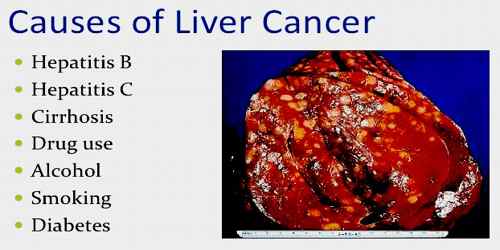
Cirrhosis can have a number of different causes, including:
- drinking excessive amounts of alcohol over many years – read more about alcohol misuse
- having a long-term hepatitis B or hepatitis C viral infection
- haemochromatosis – an inherited disorder in which iron levels in the body slowly build up over many years
- primary biliary cirrhosis – a long-term liver disease in which the bile ducts in the liver become damaged
It’s also believed obesity and an unhealthy diet can increase the risk of liver cancer because this can lead to non-alcoholic fatty liver disease.
Increased risk of liver cancer in children can be caused by Beckwith-Wiedemann Syndrome (associated with hepatoblastoma), familial adenomatous polyposis (associated with hepatoblastoma), low birth weight (associated with hepatoblastoma), Progressive familial intrahepatic cholestasis (associated with HCC) and Trisomy 18 (associated with hepatoblastoma).

The most frequent liver cancer, accounting for approximately 75% of all primary liver cancers, is hepatocellular carcinoma (HCC). HCC is a cancer formed by liver cells, known as hepatocytes that become malignant. Another type of cancer formed by liver cells is hepatoblastoma, which is specifically formed by immature liver cells. Signs and symptoms of liver cancer are often vague and don’t appear until the cancer is at an advanced stage. They can include:
- unintentional weight loss
- loss of appetite
- feeling very full after eating, even if the meal was small
- feeling sick and vomiting
- pain or swelling in your abdomen (tummy)
- jaundice (yellowing of your skin and the whites of your eyes)
- itchy skin
- feeling very tired and weak
Diagnosis and Treatment of Liver Cancer
Liver cancer, if not diagnosed early is much more difficult to remove. The only way to know whether people have liver cancer early on is through screening, because symptoms are either slight or nonexistent. Diagnostic tests for liver cancer include:

- Blood test – AFP (alpha fetoprotein), a type of protein, is produced by liver tumors and can be detected in a blood test
- Imaging scans – either an MRI or CT scan
- Biopsy – a small sample of tumor tissue is removed and analyzed. The analysis can reveal whether the tumor is cancerous (malignant) or non-cancerous (benign).
Treatment for liver cancer depends on the stage the condition is at. If diagnosed early, it may be possible to remove the cancer completely.
Treatment options in the early stages of liver cancer include:
- surgical resection – surgery to remove a section of liver
- liver transplant – where the liver is replaced with a donor liver
- microwave or radiofrequency ablation – where microwaves or radio waves are used to destroy the cancerous cells
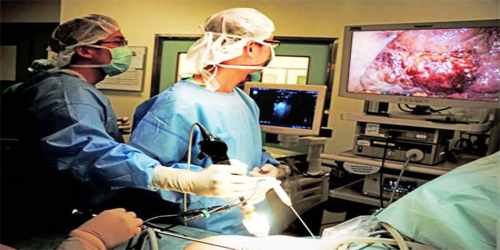
Radiotherapy is not often used in HCC because the liver is not tolerant to radiation. Although with modern technology it is possible to provide well-targeted radiation to the tumor, minimizing the dose to the rest of the liver. Dual treatments of radiotherapy plus chemoembolization, local chemotherapy, systemic chemotherapy or targeted therapy drugs may show benefit over radiotherapy alone.
However, only a small proportion of liver cancers are diagnosed at a stage where these treatments are suitable. Most people are diagnosed when the cancer has spread too far to be removed or completely destroyed.
Prevention of cancers can be separated into primary, secondary, and tertiary prevention. Primary prevention preemptively reduces exposure to a risk factor for liver cancer. One of the most successful primary liver cancer preventions is vaccination against hepatitis B. Vaccination against the hepatitis C virus is currently unavailable. Other forms of primary prevention are aimed at limiting transmission of these viruses by promoting safe injection practices, screening blood donation products, and screening high-risk asymptomatic individuals. Tertiary prevention includes treatments to prevent the recurrence of liver cancer. These include the use of chemotherapy drugs and antiviral drugs.
Reference:
